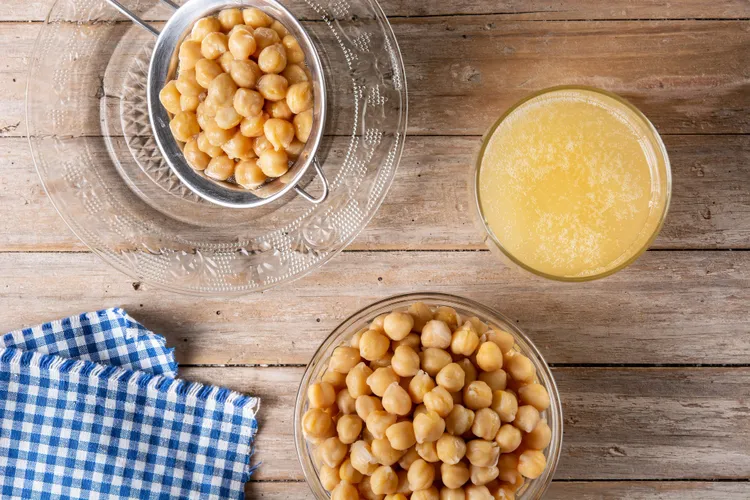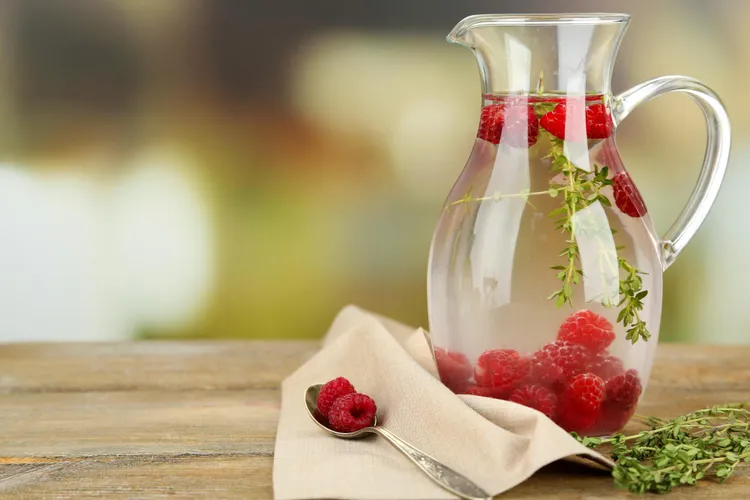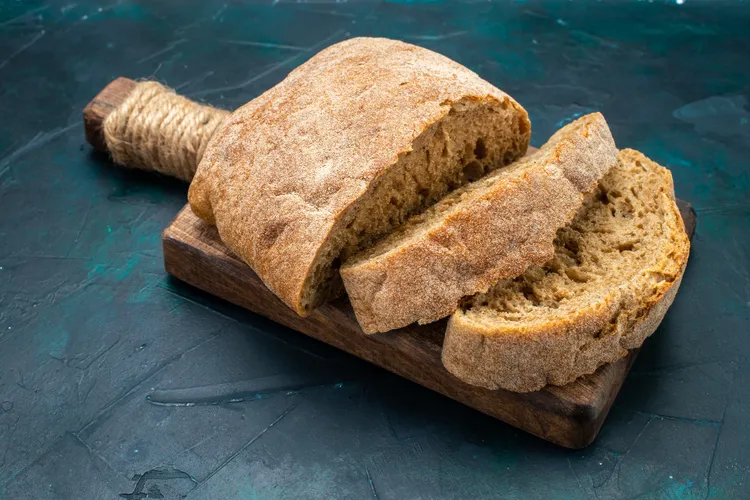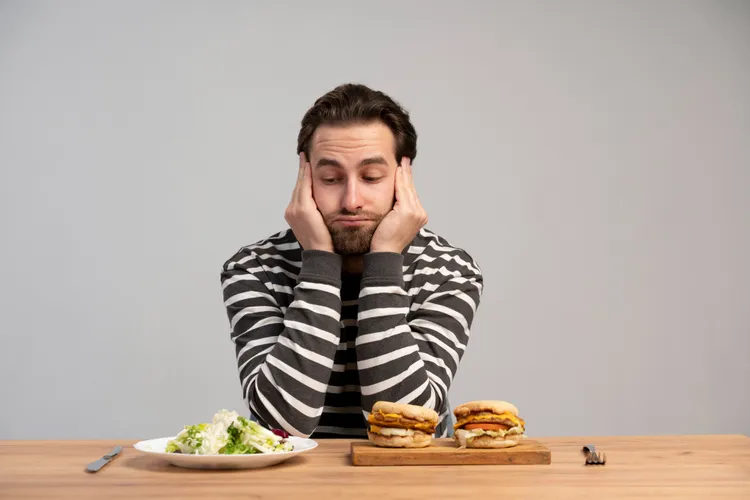Common Post-Workout Nutrition Mistakes (and How to Fix Them)
You’re doing the workouts - but are you fueling your recovery the right way? Most people make small post-workout nutrition mistakes that slow down progress (without realizing it). Our tips will help you recover smarter - not harder.

Why What You Eat After a Workout Matters
You’ve crushed your workout - but what happens next is just as important as those last few reps.
The truth is, post-workout nutrition can make or break your progress.
Eat the right foods and your muscles recover faster, soreness fades sooner, and your energy comes back stronger.
But if you skip, delay, or choose the wrong kinds of fuel, your body struggles to rebuild - leaving you tired, hungry, and stuck in recovery limbo.
Let’s break down the most common post-workout nutrition mistakes and, more importantly, how to fix them - so your results finally match your effort.
1. Skipping Your Post-Workout Meal
The Mistake:
You finish your workout, hop in the shower, and move on with your day - maybe you’ll eat later.
Why It’s a Problem:
After training, your muscles are like sponges - they’re primed to absorb nutrients for repair.
Skipping your post-workout meal delays recovery, increases soreness, and may even lead to muscle breakdown if your body starts burning protein for fuel.
The Fix:
Eat within 30-60 minutes of finishing your workout.
You don’t need a huge meal - a balanced smoothie or light bowl is perfect.
Think of this as your “recovery window.” Protein + carbs + hydration = faster gains and less soreness.
2. Eating Only Protein (and Forgetting Carbs)
The Mistake:
Many people focus only on protein after workouts, assuming it’s the key to building muscle.
Why It’s a Problem:
Protein repairs muscle fibers, yes - but without carbohydrates, your body can’t properly refill glycogen stores.
That means your next workout feels harder, your recovery slows, and fatigue lingers.
The Fix:
Combine protein + carbs for complete recovery.
Carbs fuel your muscles and help protein absorb more efficiently.
Use a 3:1 ratio of carbs to protein for endurance workouts and 2:1 for strength training.
3. Forgetting to Rehydrate Properly
The Mistake:
You drink water during your workout but skip it after - or grab a coffee instead.
Why It’s a Problem:
Even light dehydration (just 1-2% fluid loss) can impair recovery, reduce performance, and cause headaches or cramps.
Sweat also drains electrolytes - sodium, potassium, and magnesium - which plain water alone doesn’t replace.
The Fix:
Drink at least 500-750 ml (2-3 cups) of fluid after training.
For longer sessions, include electrolytes through coconut water, fruit, or a pinch of salt in your smoothie.
If your sweat dries salty on your clothes, you need more sodium - not just water.
4. Waiting Too Long to Eat
The Mistake:
You finish your workout, run errands, or commute home before eating anything.
Why It’s a Problem:
After exercise, your body’s ability to absorb nutrients declines over time.
If you wait too long, you miss your “anabolic window” - the best time to start recovery.
The Fix:
Try to eat within one hour of finishing your session.
If that’s not possible, keep a ready-to-drink smoothie or snack in your bag for immediate fuel.
Portable recovery foods like Greek yogurt, protein bars, or blended smoothies save your gains on busy days.
5. Overeating After Exercise
The Mistake:
You tell yourself you’ve “earned” it and end up eating way more than you burned - or choose high-fat comfort foods.
Why It’s a Problem:
Your metabolism is slightly elevated post-workout, but not enough to justify overeating.
Excess calories, especially from processed foods, can offset your fitness goals and slow recovery.
The Fix:
Aim to eat balanced portions - not a feast.
Listen to your hunger cues: eat until satisfied, not stuffed.
Include protein and fiber to feel fuller longer.
6. Choosing Sugary Smoothies or “Health” Drinks
The Mistake:
You grab a store-bought smoothie or sports drink loaded with sugar, artificial flavors, and barely any protein.
Why It’s a Problem:
Excess sugar spikes blood sugar and inflammation - not what your muscles need after training.
Without protein or fiber, these drinks cause energy crashes instead of recovery.
The Fix:
Make your smoothies at home using whole fruits, Greek yogurt, and natural hydration sources like coconut water.
Keep fruit-to-protein ratio 2:1 for the ideal recovery smoothie.
7. Ignoring Micronutrients (Vitamins & Minerals)
The Mistake:
Focusing only on macronutrients (protein, carbs, fats) while forgetting the importance of vitamins and minerals.
Why It’s a Problem:
Micronutrients like magnesium, potassium, and vitamin C help reduce inflammation, support energy production, and promote faster recovery.
Neglecting them can lead to fatigue and muscle cramps.
The Fix:
Add colorful fruits and vegetables to your recovery meals - especially greens, berries, and citrus.
A variety of colors = a variety of nutrients.
8. Eating Too Late (and Too Heavy) at Night
The Mistake:
Working out late, then eating a huge meal right before bed.
Why It’s a Problem:
Heavy or fatty foods can disrupt digestion and sleep quality - two key factors in recovery.
Poor sleep = slower muscle repair and lower energy the next day.
The Fix:
If you work out at night, stick to light, protein-rich meals that digest easily.
Include casein protein (like Greek yogurt or cottage cheese) to repair muscles overnight.
Add magnesium-rich foods (banana, almonds) to promote relaxation and better sleep.
How to Balance Your Post-Workout Nutrition
Here’s the simple rule to remember:
Protein repairs. Carbs refuel. Fats restore. Micronutrients protect.
Combine all four for true recovery:
-
Protein: Greek yogurt, eggs, tofu, or protein powder
-
Carbs: Banana, oats, mango, or sweet potato
-
Fats: Nuts, avocado, chia seeds
-
Micronutrients: Berries, spinach, turmeric
Your goal isn’t perfection - it’s consistency.
Learn, Adjust, Recover Better
No one gets nutrition “perfect” every time - and that’s okay.
What matters is noticing what your body needs and fueling it with intention.
By fixing these small mistakes - eating soon after training, balancing protein with carbs, and staying hydrated - you’ll recover faster, perform better, and actually feel the benefits of your hard work.
Remember: Every meal after your workout is a chance to rebuild stronger than before.
Continue Your Recovery Journey
FAQs: Common Post-Workout Nutrition Mistakes
What’s the most important thing to eat after a workout?
Protein and carbs together - they rebuild and refuel.
Can I just drink water?
Water is essential, but after a long or sweaty workout, include electrolytes too.
Is it bad to eat right before bed after working out?
Not necessarily - just keep it light and protein-rich, avoiding heavy fats or fried foods.
Can I skip food if I’m trying to lose weight?
No - skipping recovery meals slows your metabolism and can cause muscle loss.









